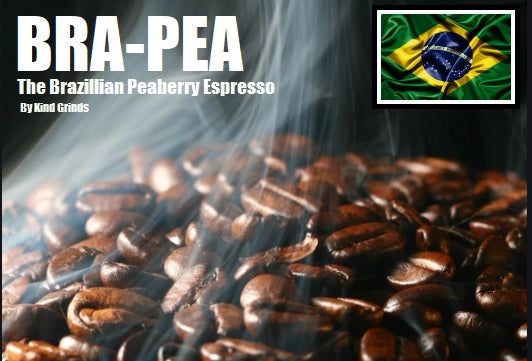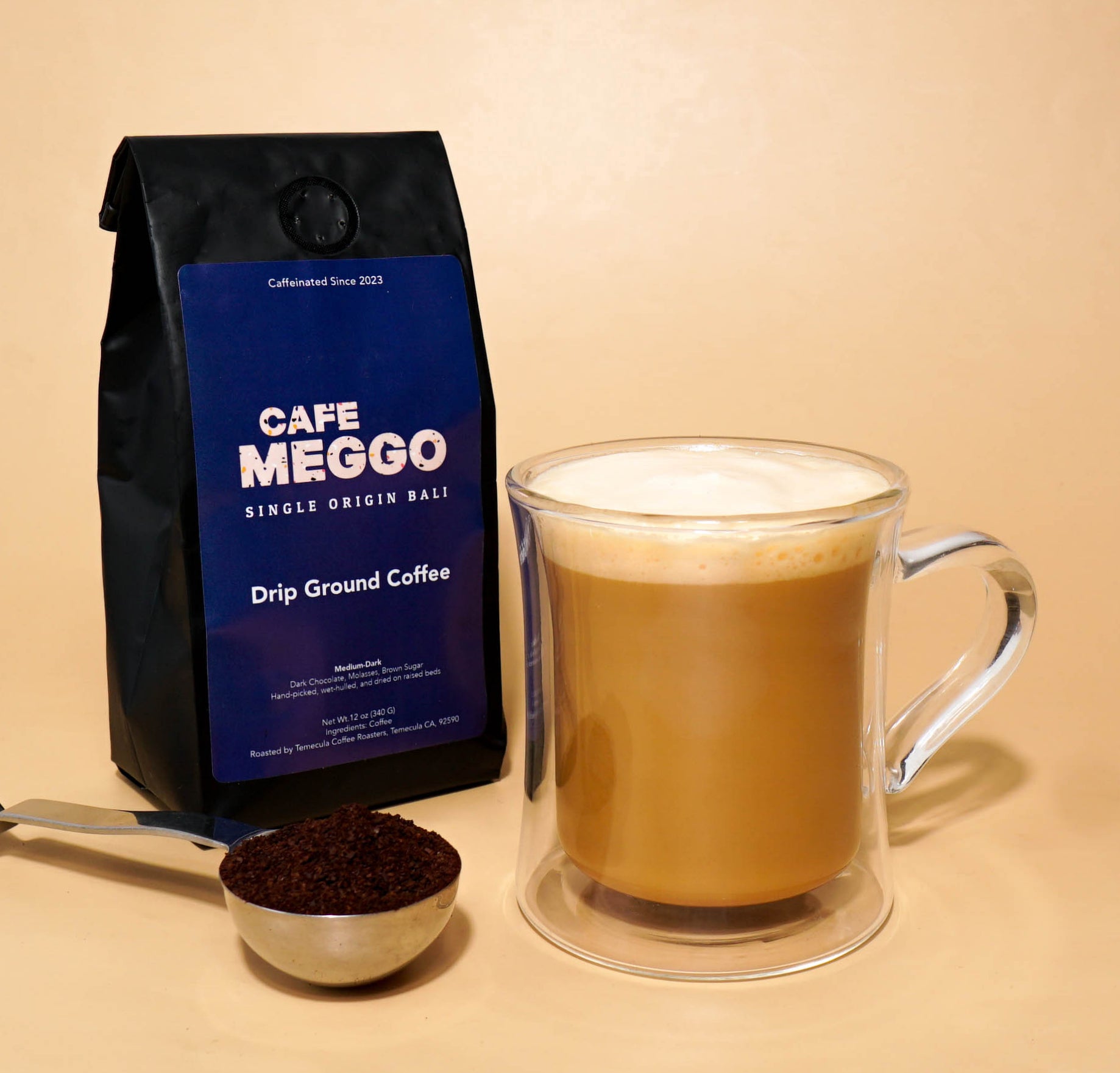Why Coffee Enthusiasts Prefer SOE Single Origin Espresso for Clarity
Why Coffee Enthusiasts Prefer SOE Single Origin Espresso for Clarity
Blog Article
Discovering the Rich Tastes of Coffee Beans: a Deep Study Coffee and Blended Coffee Beans
When you discover the abundant tastes of coffee beans, you discover a complex globe where each range brings its own personality to your cup. As you navigate via the art of espresso and the creativity behind blended coffees, you'll begin to value the nuances that make each sip special.
The Beginnings of Coffee Beans: Checking Out Terroir and Taste Profiles
When you take a sip of coffee, you're not simply enjoying a drink; you're experiencing a rich tapestry of flavors shaped by the beans' beginnings. Each area generates one-of-a-kind flavor profiles affected by climate, dirt, and altitude. Beans from Ethiopia commonly rupture with bright, fruity notes, while those from Colombia have a tendency to provide a balanced, nutty sweet taste.
As you check out different beginnings, you'll notice just how terroir-- the ecological aspects affecting a plant-- plays an essential function - Single Origin Espresso. The very same coffee range can taste considerably different depending on where it's expanded
When you think about these elements, you begin to value the intricacy behind your mug. Each sip narrates of the land and the farmers who supported the beans. So, following time you indulge, consider the trip your coffee took prior to it reached your hands, and relish those detailed tastes that reflect its beginning.
Comprehending Coffee: The Art and Science Behind the Brew
When you believe about coffee, it's not almost the strong flavor; it's also about the techniques that bring it to life. Understanding just how different preparation methods effect preference can change your developing experience. Let's explore the complexities of coffee prep work and discover the special taste accounts that make each mug unique.
Coffee Prep Work Techniques
Espresso preparation is both a science and an art, integrating accurate methods with a deep understanding of coffee. To begin, you'll desire to choose top notch, freshly roasted beans and grind them finely for ideal removal (Single Origin Espresso). The grind size is essential; as well coarse, and your coffee will be weak, too great, and it'll be bitter
The outcome needs to be an abundant, luscious coffee with a lovely layer of crema on top. With method, you'll grasp these techniques.
Taste Accounts Discussed
The world of coffee uses a rich tapestry of taste accounts that can raise your coffee experience. When you take that very first sip, you'll observe a balance of level of acidity, bitterness, and sweet taste. Each coffee bean carries distinct notes, from fruity and flower to nutty and chocolaty. Light roasts commonly display intense acidity and dynamic flavors, while dark roasts present deeper, bolder tones.
A well-crafted blend might integrate the intense notes of an Ethiopian bean with the abundant, chocolatey touches of a Brazilian bean. Accept the journey of discovering coffee's varied flavors, and you'll transform your coffee ritual right into an amazing journey.
Handling Methods: How They Influence Taste and Aroma
While it might seem that the beginning of coffee beans is the most considerable factor in identifying their flavor and scent, the handling methods used post-harvest play a similarly crucial duty. You'll locate that these approaches can drastically alter the final preference account of your cup.
For instance, the washed process eliminates the fruit from the beans prior to fermentation, typically causing a cleaner, brighter taste. The all-natural process leaves the fruit undamaged throughout drying, resulting in a sweeter, fruitier account.
Various other techniques, like honey processing, strike an equilibrium, enabling some fruit mucilage to stay, providing a distinct complexity.
Each handling method engages with the beans' fundamental qualities, enhancing or silencing certain flavors and scents. When you sip that coffee or blended coffee, keep in mind that the trip from cherry to mug is influenced not just by origin yet also by how those beans were refined.
Toasting Techniques: Unlocking the Complete Prospective of Coffee Beans
Roasting strategies are vital for disclosing the complete potential of coffee beans, as they change raw, green beans right into the aromatic, delicious coffee you delight in. The choice of toasting method-- light, tool, or dark-- substantially influences flavor profiles. Light roasts maintain the beans' all-natural level of acidity and fruity notes, while tool roasts balance sweetness and richness. Dark roasts, on the other hand, emphasize bold, great smoky flavors.
You can explore toasting times and temperature levels to find your best mixture. A slower roast at reduced temperature levels enables complex flavors to establish, while a quicker roast can intensify anger. Take notice of the splits throughout roasting; the first fracture suggests a light roast, while the 2nd split signals a dark roast. By mastering these techniques, you'll expose a globe of taste, raising your coffee experience to brand-new elevations. Appreciate every sip, knowing the care that went right into your mug!
The Magic of Blended Coffee: Creating Distinct Flavor Experiences
Producing a special taste experience with blended coffee can change your morning ritual into an expedition of preference. By combining different beans from numerous regions, you can disclose a symphony of tastes that raise your mug to new elevations. Each blend deals a distinct account, balancing level of acidity, sweetness, and body to develop something genuinely special.
When you choose a mix, you're not just picking a coffee; you're picking a journey across varied landscapes and societies. Experimenting with various mixes allows you to uncover your personal favorites, whether you enjoy fruity notes or rich, chocolatey touches.

Sampling Notes: Recognizing the Nuances in Your Mug
As you sip your coffee, you may notice a range of flavors dancing on your palate, each exposing the intricacies find out here of the beans. You may taste the brilliant level of acidity similar to citrus or the deep, abundant notes akin to dark delicious chocolate. The sweet taste might stimulate honey or sugar, balancing the total profile perfectly.
Focus on the body of the coffee-- does it really feel light and airy, or is it complete and luscious? The finish, as well, supplies hints; a remaining aftertaste might mean nuttiness or floral undertones.

Don't neglect to explore the unique attributes of different origins, as each region imparts distinctive tastes - Single Origin Espresso. Ethiopian coffees often existing fruity notes, while Colombian beans could display a much more rounded sweetness. By identifying these subtleties, you'll deepen your appreciation for each mug, raising your coffee experience to new heights

Brewing Methods: Optimizing Taste Extraction for every single Bean
When you check out the numerous brewing techniques, you'll discover that each strategy can substantially impact the taste profile of your coffee. From French press to pour-over, each approach essences different substances, enhancing or silencing particular notes. Making use of a French press enables oils to remain in the mixture, creating a richer preference, while pour-over highlights clarity and illumination.
Temperature and grind dimension likewise play vital functions. A coarser grind functions best for chilly brews, while a great work is optimal for espresso. Trying out water temperature level-- between 195 ° F and 205 ° F-- can reveal surprise tastes, too.
Don't neglect about soaking time; a fast extraction can cause sour notes, while over-extraction might produce anger. By adjusting these variables, you can make the most of taste removal and truly raise your coffee experience. Appreciate the trip of discovering what technique ideal suits your taste buds!
Regularly Asked Inquiries
What Is the Ideal Water Temperature Level for Developing Coffee?
The perfect water temperature for developing coffee's in between 195 ° F and 205 ° F. If you use water that's as well warm, you'll over-extract tastes; as well chilly, and you will not extract enough. Purpose for that sweet spot for the very best mixture!
Just How Does Grind Size Influence Coffee Taste?
Grind size significantly affects coffee taste. Better grinds extract a lot more oils and flavors, resulting in a bolder taste, while coarser grinds return a lighter flavor. Adjusting grind size assists you attain your desired coffee profile.
Exist Health Advantages Linked With Alcohol Consumption Coffee?

What Is the Distinction Between Arabica and Robusta Beans?
Arabica beans are smoother and sweeter, usually including fruity tastes, while robusta beans are more powerful with a bitter preference and greater high levels of caffeine web content. You'll see these differences in fragrance and brewing experience.
How Can I Shop Coffee Beans for Freshness?
To store coffee beans for freshness, keep them in an airtight container, away from warmth, wetness, and light. You'll maintain their taste longer if you only grind what you require right before developing.
Discovering the Rich Tastes of Coffee Beans: a Deep Dive Into Espresso and Blended Coffee Beans.
When you explore the abundant flavors of coffee beans, you uncover an intricate globe where each variety brings its very own character to your mug.When you take a sip of coffee, you're not just delighting in a drink; you're experiencing a rich tapestry of tastes formed by the beans' origins.Roasting strategies are essential for disclosing the complete capacity of coffee beans, as they transform raw, green beans into the fragrant, delicious coffee you Check This Out delight in.As you drink your coffee, you may discover a spectrum of tastes dancing on your taste buds, each revealing the intricacies of the beans.
Report this page